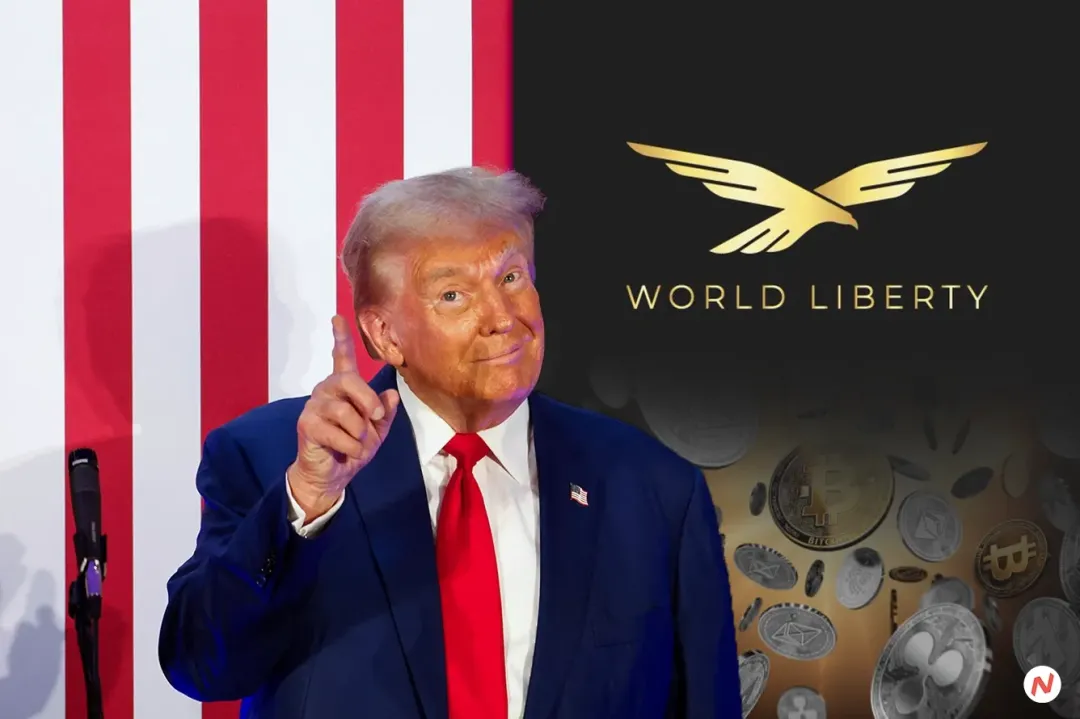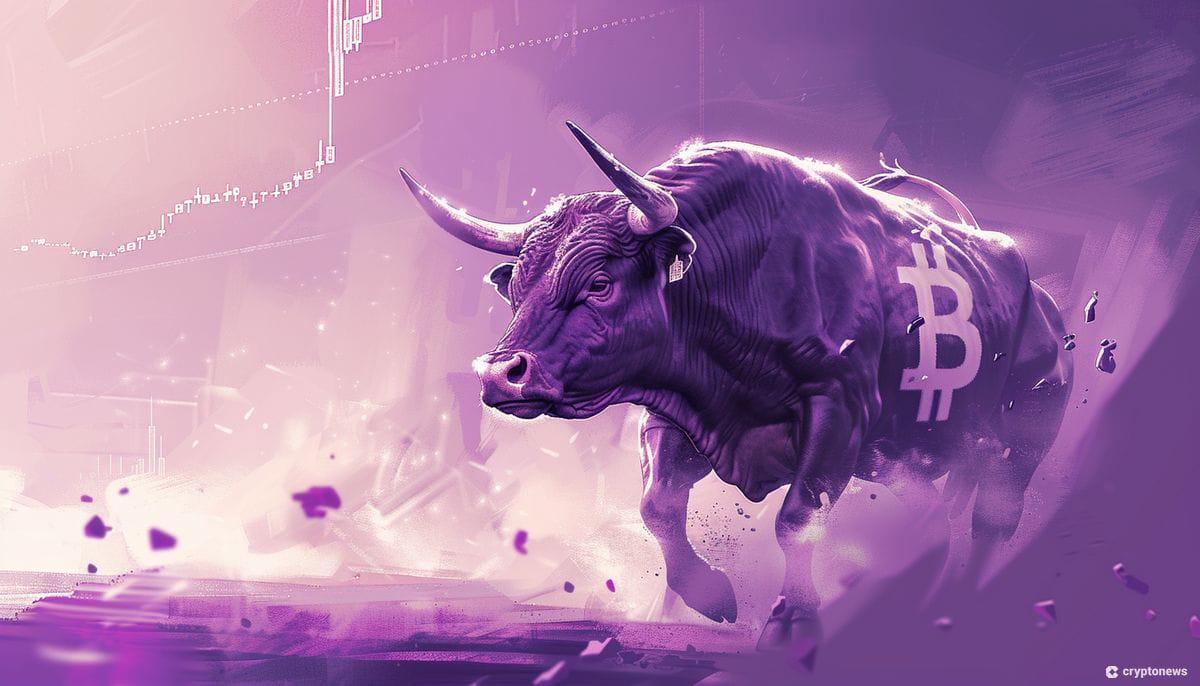-
 陈默 cmDeFi · 1 小时前
近期一周DeFi赛道重要进展:Ethena掀起稳定币季,INK加入OP超级链
陈默 cmDeFi · 1 小时前
近期一周DeFi赛道重要进展:Ethena掀起稳定币季,INK加入OP超级链最近1周稳定币Season、Superchain叙事,奉上对DeFi世界的思考。
-
 PA一线 · 1 小时前
Pantera Capital CEO预测比特币牛市周期将在2025年8月达到顶峰
PA一线 · 1 小时前
Pantera Capital CEO预测比特币牛市周期将在2025年8月达到顶峰Pantera Capital首席执行官Dan Morehead预测,加密货币市场的下一个牛市周期将在2025年达到高峰。在Bankless播客中,他详细阐述了这一预测的依据:比特币遵循四年一次的减半周期,矿工奖励减半导致供应量减少,历史上这些事件前后比特币价格都会大幅上涨。上一次减半发生在2024年4月,而莫黑德根据历史趋势预测,比特币将在2025年8月达到周期峰值。
-
 链源科技PandaLY · 2 小时前
朝鲜黑客盯上Hyperliquid,导致超过70亿美金市值蒸发,如何预防可能的攻击?
链源科技PandaLY · 2 小时前
朝鲜黑客盯上Hyperliquid,导致超过70亿美金市值蒸发,如何预防可能的攻击?导致社区出现部分恐慌性抛售,hype当日最高跌幅超过25%,市值蒸发最高超过70亿美金,链上生态资金出现超过1.5亿美元的出逃。
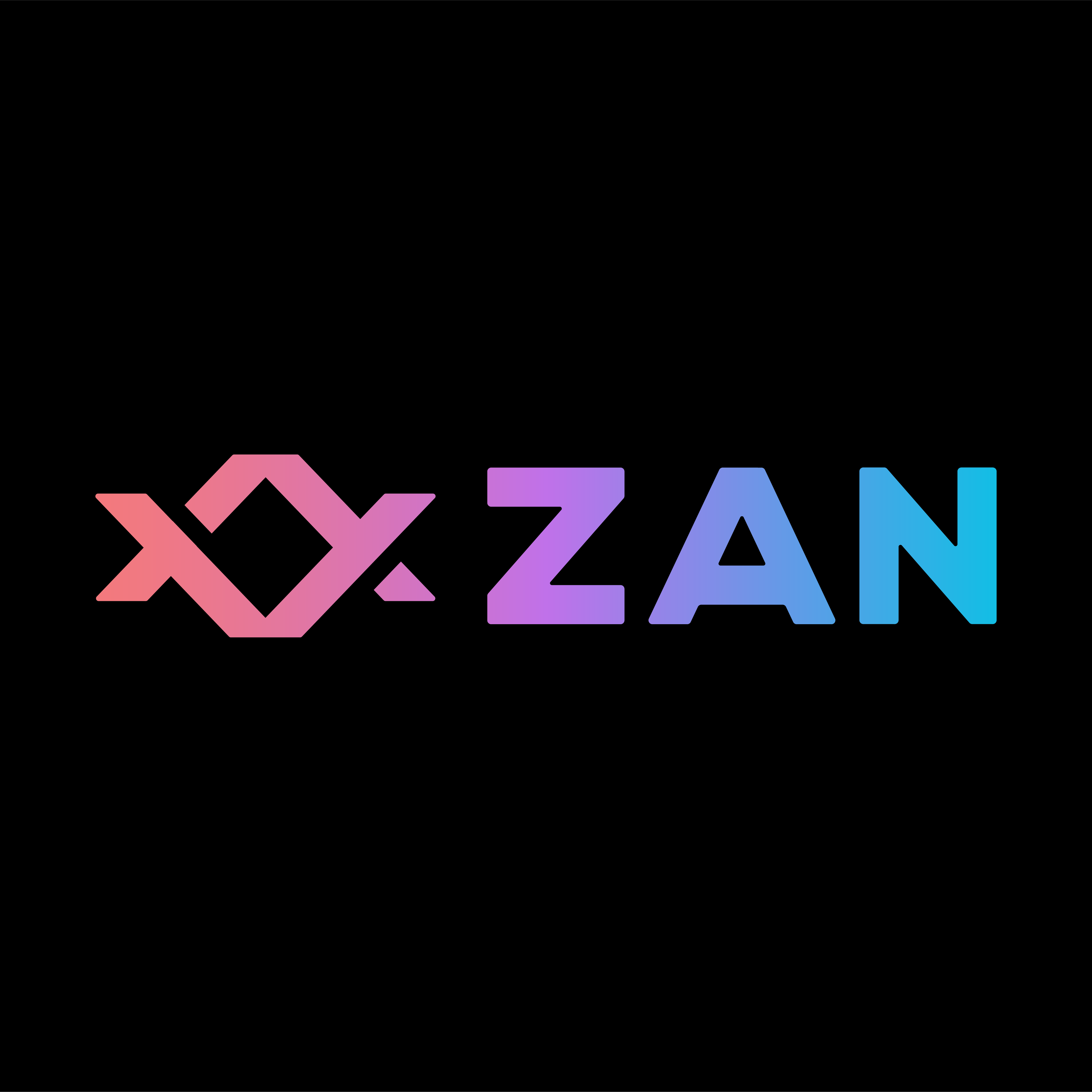 ZAN Team · 3 小时前
Web3新手系列:五分钟弄懂MEV机器人,你也能写
ZAN Team · 3 小时前
Web3新手系列:五分钟弄懂MEV机器人,你也能写在区块链技术日益普及的背景下,加密货币交易生态系统也在快速扩展。去中心化交易所(DEX)以其去中介化和透明度的优势,成为数字资产交易的重要平台。随着市场的成熟,各种自动化交易工具应运而生.....
-
 Zen · 3 小时前
2024年融资报告:1259起融资、96.15亿美元,市场整体走势与去年相似
Zen · 3 小时前
2024年融资报告:1259起融资、96.15亿美元,市场整体走势与去年相似时至岁末,PANews根据全年的融资信息,回顾今年整体一级市场表现,为投资者提供参考。
-
 Foresight News · 4 小时前
从基础设施完善到新兴叙事爆发,一文纵览2024 Memecoin超级周期
Foresight News · 4 小时前
从基础设施完善到新兴叙事爆发,一文纵览2024 Memecoin超级周期新年将至,Foresight News 会在 2024 年最后一周用年终必读系列文章带大家回顾 2024,展望 2025。见出以知入,观往而知来。
-
 PA一线 · 4 小时前
昨夜今晨重要资讯(12月25日-12月26日)
PA一线 · 4 小时前
昨夜今晨重要资讯(12月25日-12月26日)美SEC委员:明年SEC对加密行业的立场将发生重大转变,并减少执法行动;Pump Science:已完成代币经济学设计,将进行BIO空投活动;Hashgraph Group在阿布扎比获得基金管理牌照,将启动1亿美元Web3基金。
-
 PA一线 · 5 小时前
美SEC委员:明年SEC对加密行业的立场将发生重大转变,并减少执法行动
PA一线 · 5 小时前
美SEC委员:明年SEC对加密行业的立场将发生重大转变,并减少执法行动从明年开始,美国证券交易委员会(SEC)将暂时缩减委员团队规模,等待参议院批准总统候选人唐纳德·特朗普的提名。在此期间,仅有共和党委员Hester Peirce和Mark Uyeda将在就职后继续履职。据Peirce透露,随着SEC主席Gary Gensler的离职,该机构对加密行业的立场将发生显著变化。
-
 链上观 · 5 小时前
为什么AI Agent框架标准应该“链化”?
链上观 · 5 小时前
为什么AI Agent框架标准应该“链化”?AI Agent 要更靠谱自主决策和互通协作,必然要趋向“链化”。
- 加密流通市值(7d)$3,602,293,192,653Market Cap恐惧贪婪指数(近30天)
 PA一线 · 5 小时前
Pump Science:已完成代币经济学设计,将进行BIO空投活动
PA一线 · 5 小时前
Pump Science:已完成代币经济学设计,将进行BIO空投活动Pump Science在X平台宣布代币经济学设计已完成,且将进行BIO空投活动。关于代币经济学设计:未来发行的代币供应量中,有5%将分配给之前代币(在迁移时)的持有者,现在持有更多的PS代币(RIF、URO),未来将获得新的代币;只要有新发行(永远),这一机制就会持续进行。关于BIO空投活动,BIO Protocol将空投BIO给URO和RIF的持有者,等待治理批准以将BIO连接到Solana,更多空投正在考虑中。
-
 PA一线 · 6 小时前
比特币累积地址12月份在面临显著卖压的情况下仍净增持225280枚BTC
PA一线 · 6 小时前
比特币累积地址12月份在面临显著卖压的情况下仍净增持225280枚BTC12月期间比特币累积地址的需求显著增长,截至12月23日,这些投资者净增持了225,280枚BTC,月度增幅高达82.6%。与此同时,交易所和ETF中的总卖方流动性(即可供出售的比特币数量)下降了约59万枚BTC。值得注意的是,这一抛售压力的缓解与12月22日至23日期间准备出售的比特币数量急剧减少52万枚紧密相关。报告还指出,处理大额交易的OTC柜台比特币供应量已从421,000枚降至403,000枚,显示出投资者需求正在有效消化卖压。此外,流动性库存比率从12月的12个月降至5.5个月,进一步证明了当前供应量满足投资者需求的速度在加快。
-
 PA一线 · 6 小时前
Hashgraph Group在阿布扎比获得基金管理牌照,将启动1亿美元Web3基金
PA一线 · 6 小时前
Hashgraph Group在阿布扎比获得基金管理牌照,将启动1亿美元Web3基金总部位于瑞士的Hashgraph Group已从阿拉伯联合酋长国阿布扎比全球市场(ADGM)获得基金管理牌照。Hashgraph Group旗下的Hashgraph Ventures Manager获得的牌照,允许其从阿布扎比全球市场(ADGM)推出一支1亿美元的Web3风险投资基金。
-
 深潮TechFlow · 6 小时前
市场未来一个月展望:痛苦与机遇并存,要学会在轮动中获利
深潮TechFlow · 6 小时前
市场未来一个月展望:痛苦与机遇并存,要学会在轮动中获利务必自己做研究,不要盲目听从他人的意见。
-
 Beosin · 16 小时前
盘点2024年度Web3最具影响力的十大攻击事件
Beosin · 16 小时前
盘点2024年度Web3最具影响力的十大攻击事件2024年的安全攻击事件频发再次提醒我们,区块链行业的发展离不开安全的护航。
-
 白话区块链 · 17 小时前
特朗普家族加密项目及其链上配置的资产透露了哪些投资趋势?
白话区块链 · 17 小时前
特朗普家族加密项目及其链上配置的资产透露了哪些投资趋势?近期与特朗普家族关系密切的World Liberty Financial(以下简称WLFI)频频购入ETH、LINK、AAVE、ENA等,引发市场的跟风热潮,成为加密投资市场一个不可忽视的风向标。
-
 PA一线 · 17 小时前
以色列将于12月31日推出六只比特币共同基金
PA一线 · 17 小时前
以色列将于12月31日推出六只比特币共同基金以色列证券管理局(ISA)批准六只追踪比特币价格的共同基金,这些基金由Migdal Capital Markets、More、Ayalon、Phoenix Investment、Meitav和IBI等机构推出。基金管理费从0.25%至1.5%不等,其中一只基金为主动管理型,目标是超越比特币表现。起初,这些基金每日仅交易一次,但未来或可实现连续交易。
-
 肖飒lawyer · 18 小时前
加密时代的职务犯罪:北京亿元涉币职务侵占案,追赃8900万
肖飒lawyer · 18 小时前
加密时代的职务犯罪:北京亿元涉币职务侵占案,追赃8900万今天,飒姐团队就以近期出现/侦破的案件为例,跟大家聊一聊,加密时代中的这些涉币职务犯罪实例所透露的一些关键信息。
-
 PA一线 · 19 小时前
土耳其反洗钱新规要求单笔超425美元的加密交易需KYC
PA一线 · 19 小时前
土耳其反洗钱新规要求单笔超425美元的加密交易需KYC土耳其今日发布了新的加密货币反洗钱(AML)法规,单笔交易金额超过1.5万土耳其里拉(约425美元)的用户,需向加密服务商提供身份信息。该法规将于2025年2月25日正式生效。
-
 PA一线 · 19 小时前
Balaji畅想人工智能物联网,Vitalik提醒私钥所有权需努力争取
PA一线 · 19 小时前
Balaji畅想人工智能物联网,Vitalik提醒私钥所有权需努力争取前Coinbase首席技术官Balaji发推称,未来将实现智能汽车、智能手表及智能家居的广泛应用,每个物体不仅能与人交流,还能相互通信,记录对话并为其持有私钥的主人协调任务。他将这一趋势称为“人工智能物联网”。对此,Vitalik Buterin回应强调,确保设备所有权归属私钥持有者并非默认结果,需要人为努力推动实现。
更多内容 Dec . 26
Dec.26
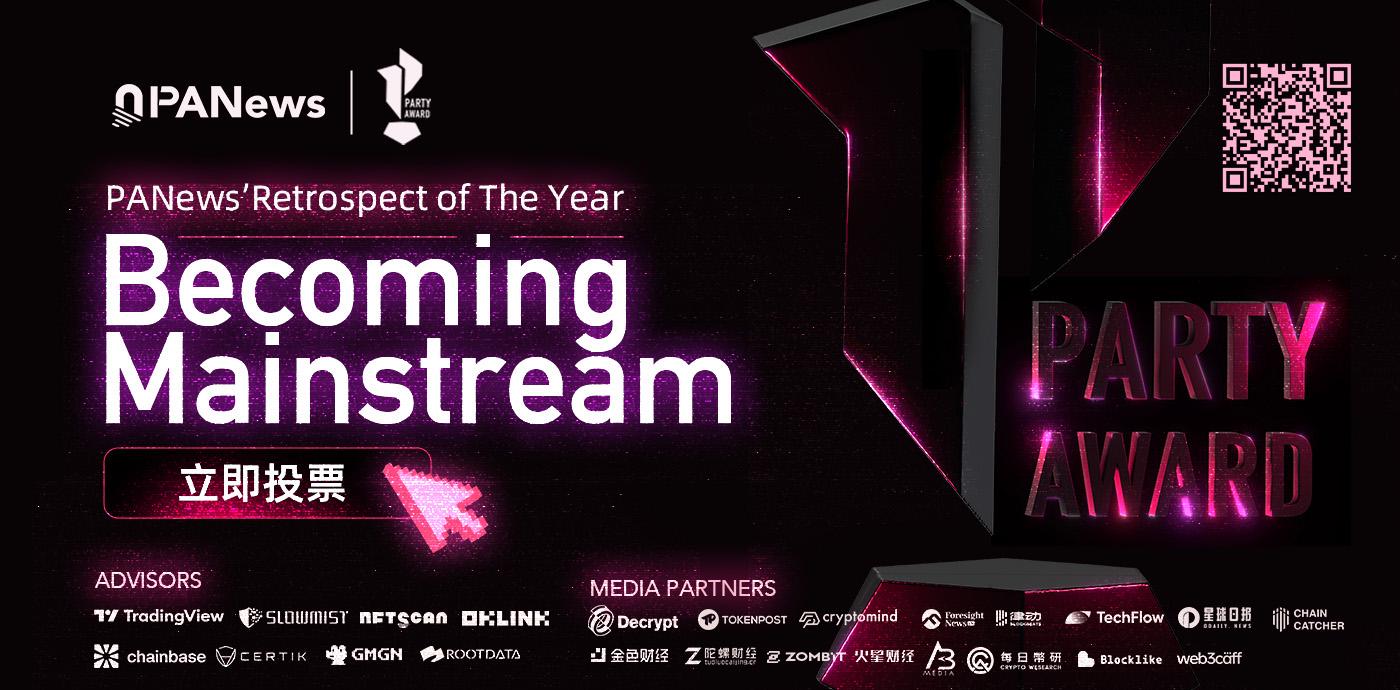
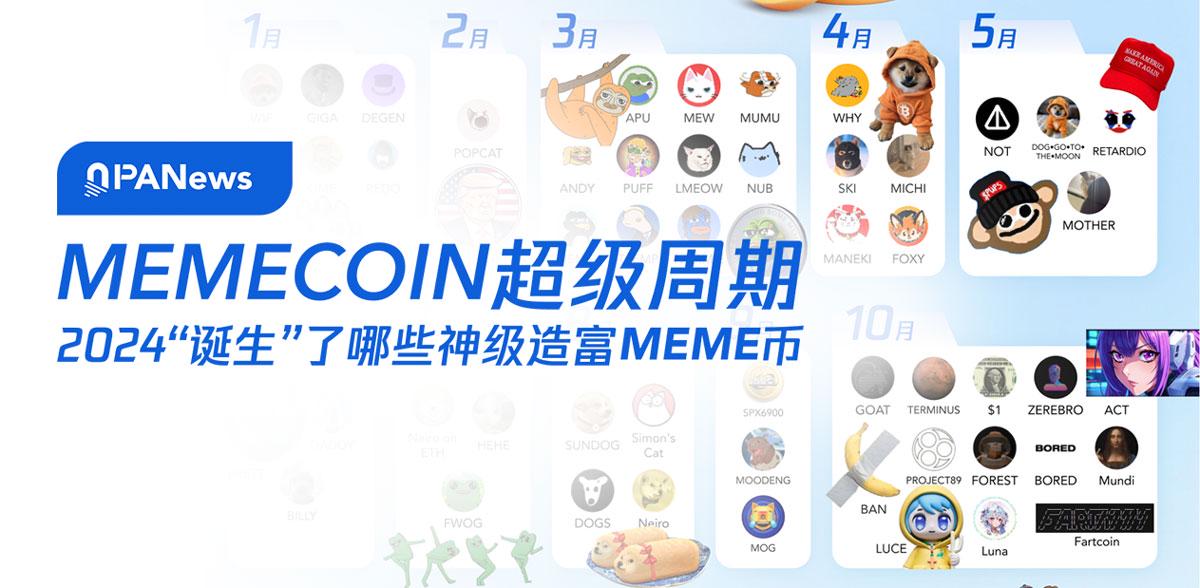




 Meme日报 · 2 小时前
Meme日报 · 2 小时前

















